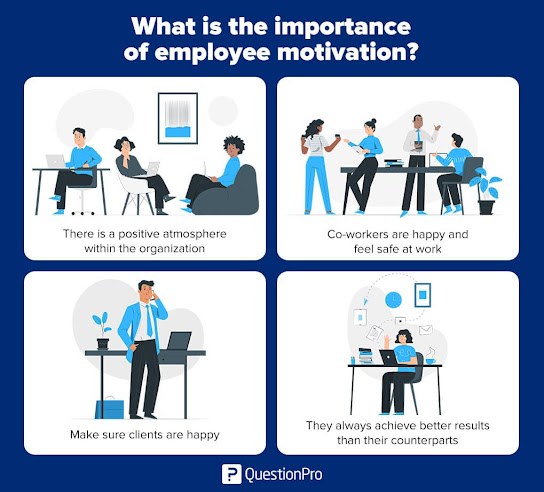EMPLOYEE RELATIONS
Definition
Employee relations refers to the relationship between or among an employer and its employees. Employee relations concerns the building of positive relationships and interactions among employers and employees, and at a broader level helps foster a sense of community within an organization. This could entail initiating transparent workplace communication or supporting the emotional, physical and psychological health of employees. Ultimately, the goal of employee relations is to create a positive relationship between employers and employees that leads to an increase in employee retention, happiness and productivity (Crail.C, 2023).
Unitarism and Pluralism
Unitarism - is a
perspective that emphasizes the shared interest of all employees of the
organization. In other words, it believes that management and workforce are all
working for the welfare of the company. Unitarism perceives the entire
organization as one big family where everyone shares common goals and purposes.
Conflicting objectives are seen as abnormal in this perspective. Moreover, this
stance has a paternalistic approach and expects the loyalty of the employees.
Pluralism - is the belief
that the way to achieve good industrial relations is to acknowledge that
various groups of employees have different requirements, and make different
demands. Thus, management has to reach compromises. This belief also
acknowledges conflicts and consider them as desirable.
Difference Between Unitarism
and Pluralism
Unitarism is a perspective that
emphasizes the shared interests of all members of an organization while
pluralism is a perspective that perceives an organization as being made up of
divergent sub-groups having their own legitimate interests.
Commonly Used Employee
Relations Strategies
- Encourage cooperation and collaboration.
- Make sure communication is transparent, timely and relevant.
- Set and communicate company goals.
- Have appropriate policies in place to reduce conflicts.
- Respond quickly and thoroughly to any issue.
- Provide opportunities for employees to leave feedback.
- Offer career advice and professional development.
- Celebrate events and holidays.
- Support a healthy work/life balance for all employees.
Conclusion
References
Crail.C, 2023, What Is Employee Relations? (Available at) https://www.forbes.com/advisor/business/what-is-employee-relations/
(Accessed on May 2023)
Armstrong, 2014. Armstrong’s handbook of human resource
management practice, (Available at) https://e-uczelnia.uek.krakow.pl/pluginfile.php/604792/mod_folder/content/0/Armstrongs%20Handbook%20of%20Human%20Resource%20Management%20Practice_1.pdf?forcedownload=1
(Accessed on May 2023)
Aron, 2011. Difference Between Unitarism and Pluralism
(Available at) https://www.differencebetween.com/difference-between-unitarism-and-vs-pluralism/
(Accessed on May 2023)
Edureka.com, 2022. Better employee relation can lead to a
rapid business expansion: Know 11 Tips (Available at) https://www.edureka.co/blog/better-employee-relation-can-lead-to/
(Accessed on May 2023)




Comments
Post a Comment